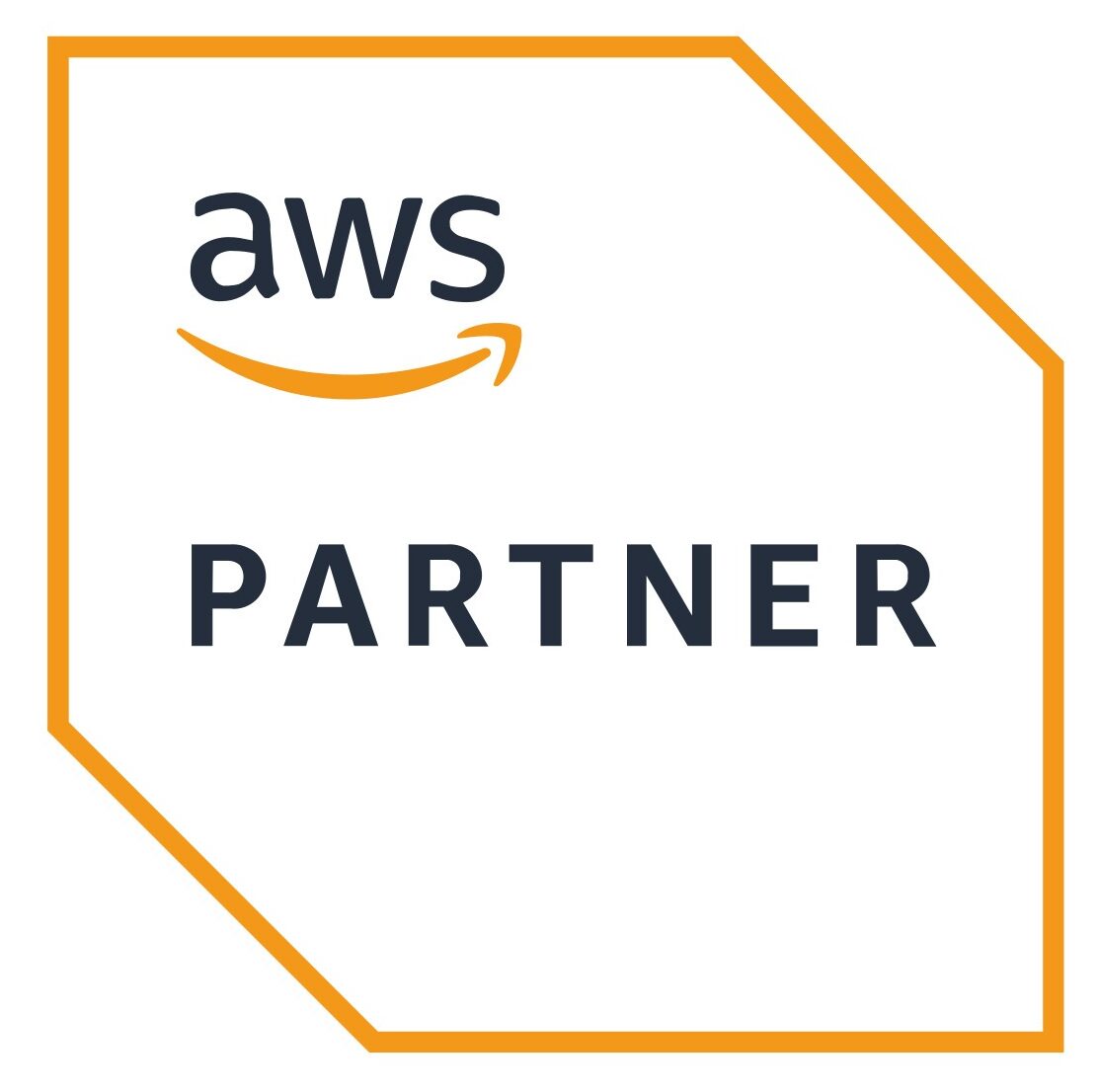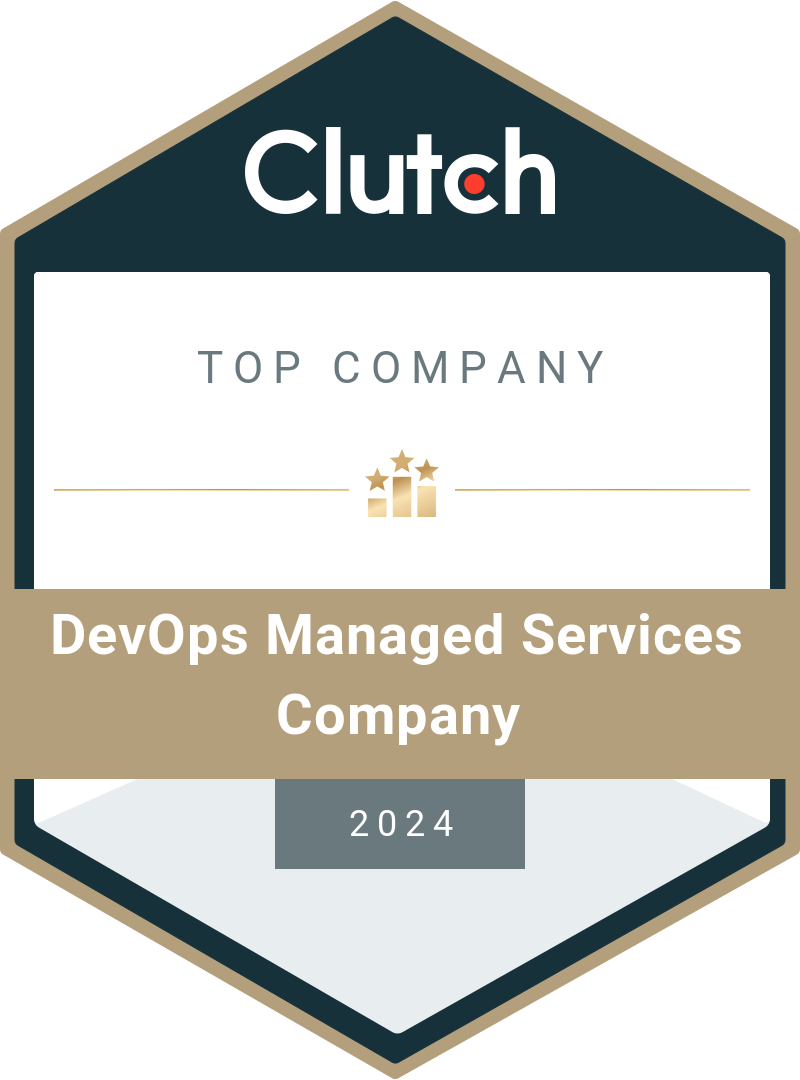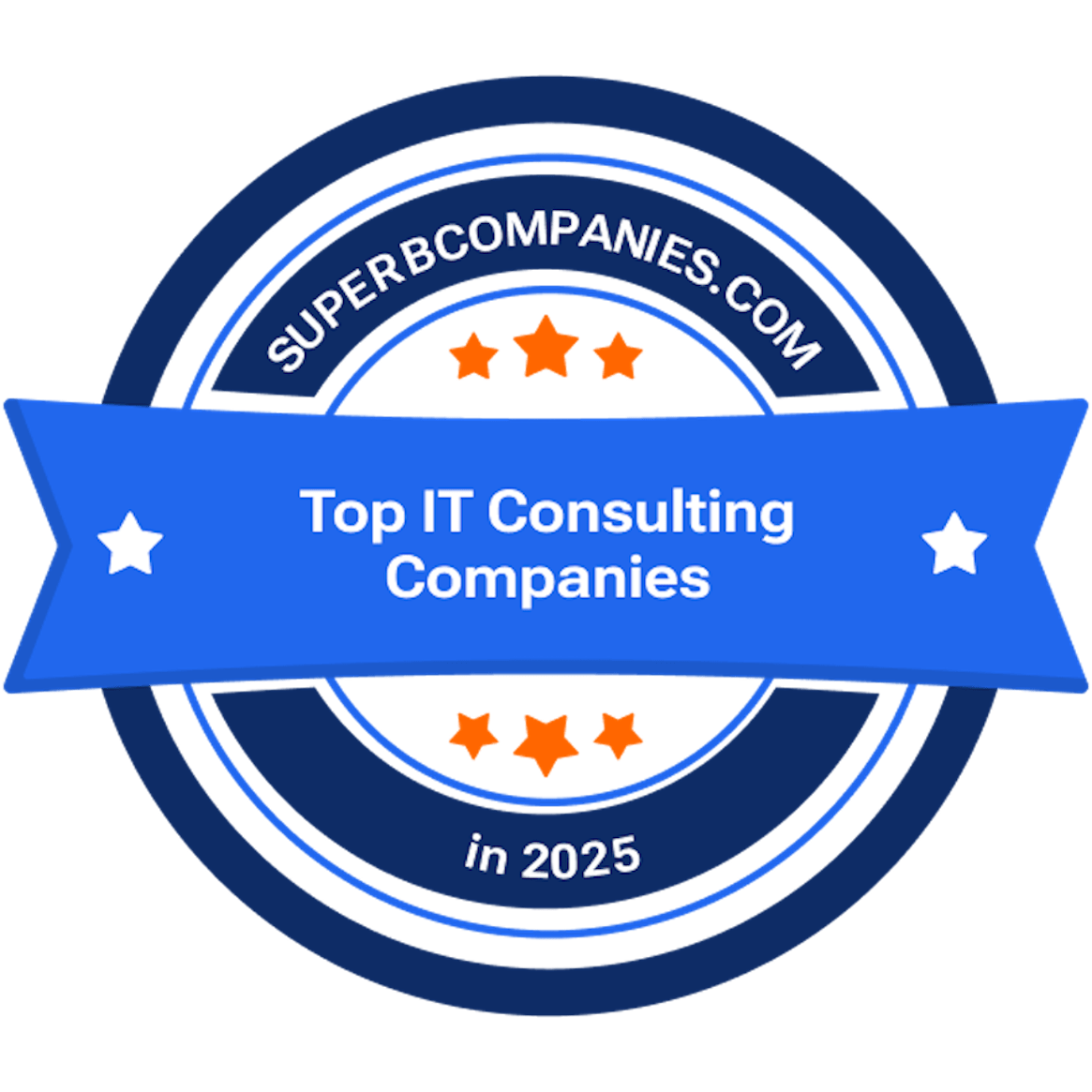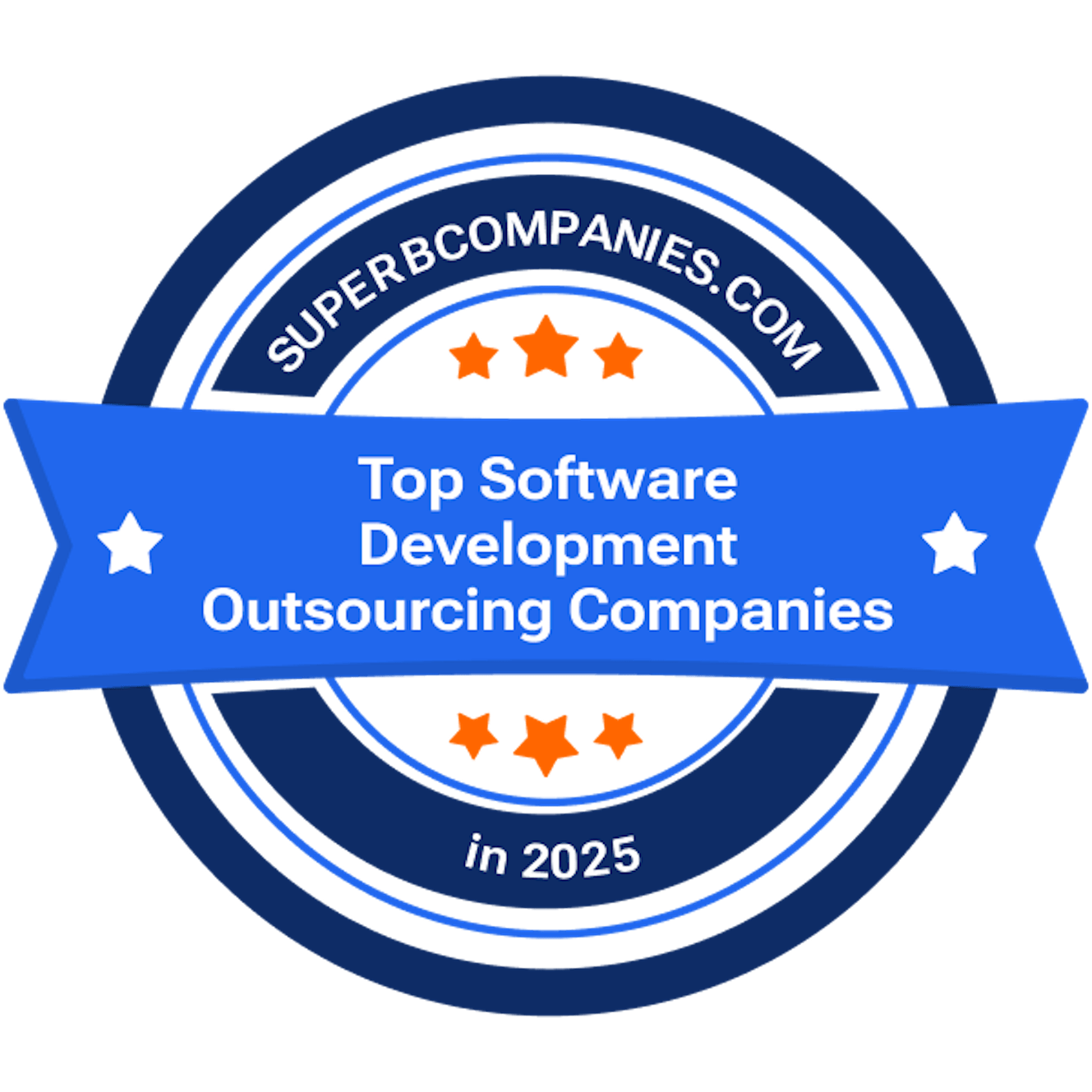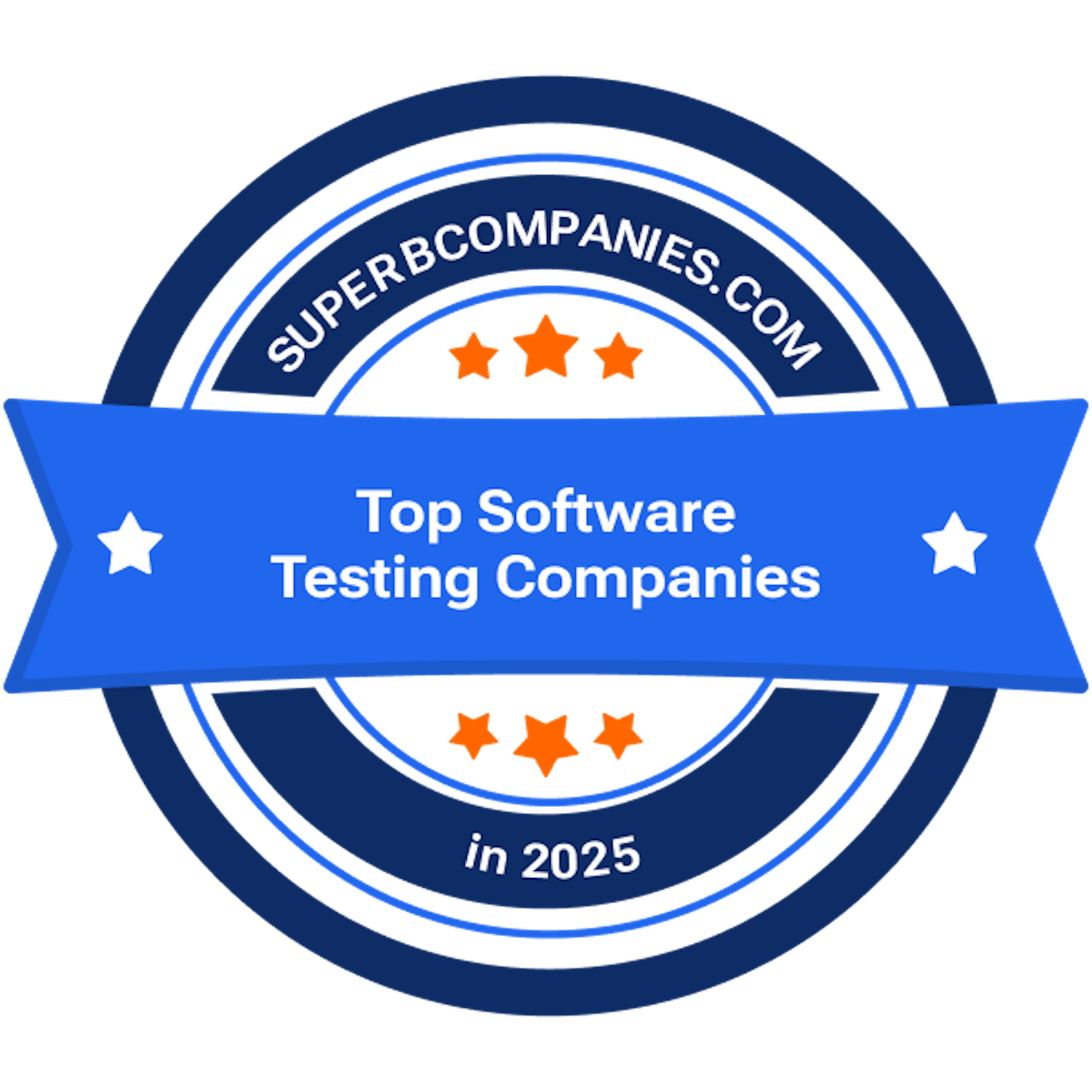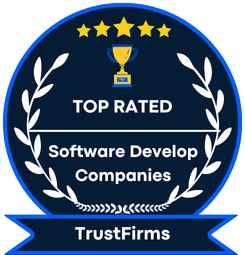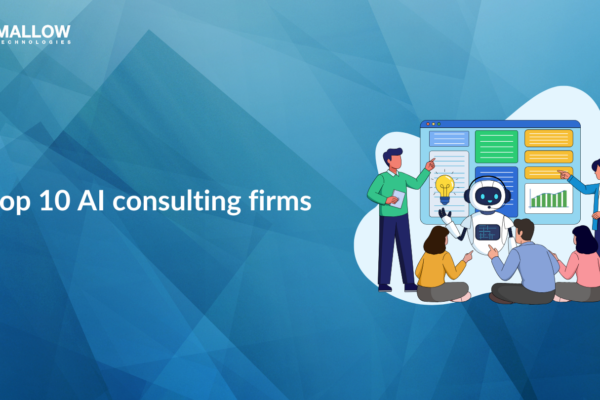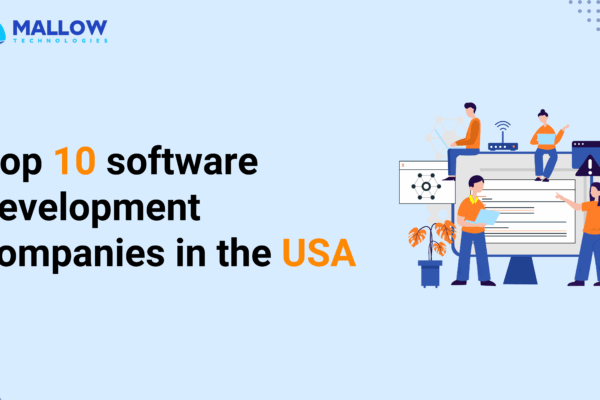With 14 years of experience, Mallow has helped businesses overcome slow software delivery and quality challenges through effective DevOps implementation. By enhancing collaboration between development and operations, we’ve streamlined workflows, reduced delays, and enabled faster, more reliable releases with CI/CD practices.
DevOps Services
- Home
- DevOps Services
Struggling to speed up software delivery without compromising quality?
- 14+ years of experience in building scalable solutions.
- Drive 10x business growth with innovative strategies and solutions.
- 100% flexible, tailored solutions designed to meet your needs.
- Dedicated long-term support, commitment, and reliability.

What business impact does DevOps do?
DevOps is a transformative approach that integrates development (Dev) and operations (Ops) to enhance collaboration, streamline processes, and accelerate the delivery of high-quality software. It bridges the gap between development teams and IT operations, promoting a culture of continuous improvement and automation. Here’s a comprehensive look at what DevOps does and its significant impact on business:
Fosters collaboration and communication
DevOps fosters a collaborative culture by uniting development and operations teams around common goals. This collaboration involves breaking down silos to create unified teams that share responsibility for the entire software lifecycle. It includes utilizing shared tools and processes to streamline workflows and improve communication, ensuring that both teams work effectively.
Enhances monitoring and feedback
DevOps enhances system reliability and performance through continuous monitoring and feedback. It employs advanced monitoring tools for real-time tracking of system performance, anomaly detection, and actionable insights. Additionally, it gathers and analyzes feedback from users and operational metrics to guide future development and operational decisions.
Enhances security
DevOps enhances security by integrating security practices throughout the development lifecycle to bolster overall security posture. It employs security automation to conduct checks and monitor compliance, identifying vulnerabilities early in the development process. Additionally, DevSecOps integration embeds security measures into the CI/CD pipeline, ensuring that security remains a continuous focus throughout development and deployment.
Automates processes
Automation is central to DevOps, enhancing efficiency and consistency in software delivery. Continuous Integration (CI) automates the integration of code changes into a shared repository, enabling teams to identify and address issues early. Meanwhile, Continuous Deployment (CD) automates the release of code changes to production environments, ensuring swift and dependable deployments.
Adopts Infrastructure as Code (IaC)
Infrastructure as Code (IaC) enables the automated management of infrastructure through code, enhancing consistency and minimizing manual errors. It automates the provisioning and management of infrastructure resources, while version control systems manage configurations, facilitating easy rollback and change tracking.
Implements Agile practices
DevOps incorporates agile practices to boost flexibility and responsiveness. It supports iterative development cycles, enabling rapid adjustments and improvements based on feedback. Additionally, it facilitates frequent and incremental releases, allowing organizations to swiftly adapt to market changes, evolving customer needs, and business goals.
Curious how outsourcing DevOps consulting can impact your project?
Discover the 7 essential factors to consider when outsourcing DevOps consulting services and set your project up for success. Dive into this article to uncover expert insights that will guide you in making smart, impactful decisions, ensuring optimal results and a strong ROI—helping you confidently choose the right partner for your DevOps consulting needs.
What are the Mallow's DevOps services?
At Mallow, our DevOps services are tailored to bridge the gap between development and operations, ensuring seamless collaboration and efficiency throughout your project lifecycle. We focus on automating processes, enhancing deployment speed, and improving overall system reliability. By integrating continuous integration and continuous delivery (CI/CD) practices, we help you achieve faster time-to-market and more robust software. For a deeper understanding, check out how our DevOps services can transform your operations.
Continuous Integration and Continuous Deployment (CI/CD)
We implement automated CI/CD pipelines to ensure seamless code integration, testing, and deployment. By leveraging tools like Jenkins, GitLab CI, CircleCI, and GitHub Actions, we create efficient workflows that enable faster and more frequent releases with minimal manual intervention. Our approach includes automated testing at every stage to maintain high code quality and reliability.
Infrastructure as Code (IaC)
Our IaC solutions use tools such as Terraform, AWS CloudFormation, and Ansible to automate infrastructure provisioning and management. This enhances scalability and consistency across your environments, reducing the risk of configuration drift and manual errors. We enable quick replication of development, testing, and production environments, accelerating your development cycle.
Containerization and orchestration
We utilize Docker for containerization and Kubernetes for orchestration, enabling seamless application deployment, scaling, and management. Our expertise in microservices architectures improves application modularity, scalability, and maintainability. By optimizing resource usage through container orchestration, we reduce overhead and enhance performance.
Cloud Services and management
We develop and implement comprehensive cloud strategies tailored to your needs, whether on AWS, Azure, Google Cloud, or hybrid solutions. Our migration services ensure a smooth transition to the cloud with minimal downtime. We optimize cloud spending through regular audits, resource allocation adjustments, and cost-effective cloud service utilization.
Monitoring and logging
We deploy advanced monitoring solutions using tools like Prometheus, Grafana, ELK Stack, and Splunk to provide real-time insights into application performance and system health. Our setup includes proactive alerts and automated responses to address potential issues before they affect users. We maintain detailed logs for debugging, compliance, and audit purposes, ensuring full operational visibility.
Security and compliance
We integrate security practices within the DevOps pipeline (DevSecOps) to ensure secure development and deployment processes. Regular security assessments, vulnerability scans, and compliance checks safeguard your applications and data. We implement robust access controls, encryption, and other security measures to protect sensitive information and maintain compliance with industry standards.
Why our clients keep choosing us? Listen from them...
Discover why our clients have consistently chosen us for their software development needs. With over 14 years of experience, our dedicated team delivers exceptional solutions, empowering your business to thrive. With our flexible scaling and unwavering commitment to client satisfaction, we’re your go-to partner for innovative software development.

"Mallow Technologies Private Limited has an excellent company culture and is extremely responsive and reliable."
Joseph Motley, CEO, Trygg

"Their reliability, attention to detail, transparency, and technical communication has been excellent."
Brian Casel, Founder & CEO, SaaS Product Company

"They have become a true business partner that I can rely on to perform without worry and deliver without hesitation."
Chris Jones, CTO, School Shares

"The work is high-quality, but I especially appreciated Mallow Technologies' autonomy."
Chris Atkinson, CEO, Fleetrover

"They offer great communication matched with technical skills and reliability."
Brian Casel, Owner, Instrumental Products

"They deliver their items on time."
Oky Sabeni, Product Manager, Podseeker

"They've become a valuable strategic partner."
Aaron Kassover, Founder, AgentMethods

"The product delivered is up to our expectations."
Dinesh Kumar, Manager, The Karur Vysya Bank Limited

"They're doing a great job. I'm still working with them."
Alex Dracup, Founder, Reef App Development
+
PROJECTS
+
CLIENTS
+
YEARS OF EXPERIENCE
+
TEAM MEMBERS
Why choose Mallow for DevOps implementation?
At Mallow, we bring over 5 years of dedicated experience in DevOps services, combining technical excellence with a deep understanding of industry challenges. Here’s why Mallow stands out as your ideal partner for DevOps implementation:
Proven expertise and track record
Mallow has a proven track record of implementing DevOps solutions that boost agility, speed up deployments, and improve efficiency. Our experienced DevOps engineers have delivered measurable results across diverse environments.
Tailored DevOps strategies
At Mallow, we know every organization is different. That’s why our DevOps approach is fully tailored to your business goals. We begin with a detailed assessment and create a customized roadmap with clear milestones and KPIs to guide your transformation.
Comprehensive DevOps services
Mallow offers end-to-end DevOps services covering the entire lifecycle. We build scalable CI/CD pipelines, automate infrastructure with IaC, and implement monitoring solutions to ensure consistent performance and real-time system visibility.
Integrated security and compliance
At Mallow, security and compliance are built into every stage of the DevOps lifecycle. We integrate tools like Snyk, OWASP ZAP, and SonarQube into CI/CD pipelines for automated testing, vulnerability scans, and compliance checks to keep your systems secure and audit-ready.
Cutting-edge technology and tools
Mallow leverages modern tools like Docker, Kubernetes, and OpenShift to deliver scalable DevOps solutions. We optimize cloud infrastructure across AWS, Azure, and Google Cloud, supporting seamless deployment, migration, and efficient cloud operations.
Collaborative and supportive partnership
We view our clients as partners and are committed to a collaborative approach throughout the DevOps journey: We provide training and knowledge transfer to empower your teams with the skills needed to maintain and evolve your DevOps practices. Our commitment extends beyond implementation with continuous support, performance tuning, and optimization services to ensure your DevOps practices remain effective.
What does the DevOps implementation process with Mallow look like?
At Mallow, we follow a structured approach to DevOps implementation to ensure efficiency, quality, and continuous improvement.
Here’s how our process unfolds:

Step 1 - Planning
At Mallow, the planning phase is crucial for setting the foundation for a successful DevOps journey. We begin by:
- Reviewing your current development processes, IT infrastructure, and available resources.
- Understanding your business goals and IT requirements, identifying strengths and constraints.
- Developing a clear and actionable DevOps strategy tailored to meet your specific objectives, ensuring alignment across teams.

Step 2 - Development of roadmap
Once we’ve established the plan, we focus on creating a detailed, step-by-step roadmap that outlines the path to success. This includes:
- Designing a containerization strategy with tools like Kubernetes for streamlined deployment.
- Setting up a CI/CD pipeline and configuring the necessary tools to streamline integration and delivery processes.
- Providing guidance on test automation solutions and seamlessly incorporating them into the continuous integration process.
- Integrating Infrastructure as Code (IaC) and configuration management tools into the development pipeline.
- Implementing robust monitoring and alerting systems to ensure optimal performance and system reliability.
- Identifying potential challenges, such as outdated systems or skill gaps, and proposing tailored solutions to address them effectively.

Step 3 - Execution
With a comprehensive roadmap in place, we move forward with the execution phase. This includes:
- Deploying the Infrastructure as Code approach for better automation and scalability.
- Configuring and launching the CI/CD pipeline and test automation tools to enable faster, error-free deployments.
- Our team ensures that best practices are followed throughout the development lifecycle, ensuring that everything runs smoothly and efficiently.

Step 4 - Continuous monitoring and improvement
After execution, we ensure the system remains efficient and scalable through ongoing monitoring. We:
- Continuously monitor application performance and infrastructure status using real-time tools.
- Identify issues early, using proactive alerts and feedback to resolve problems before they impact production.
- Regularly optimize processes based on performance data, ensuring that your DevOps implementation evolves with your needs.
What are the DevOps implementation challenges and solutions?
| Common challenges | Strategy to Overcome |
|---|---|
| Complexity in tool integration | Conduct a thorough toolchain assessment and select best-in-class tools that seamlessly integrate. Develop custom scripts and APIs to ensure smooth interaction between tools. |
| Infrastructure scaling and automation | Implement infrastructure as code (IaC) using tools like Terraform and Ansible to automate provisioning and scaling. Utilize auto-scaling features of cloud platforms and conduct regular performance testing. |
| Continuous delivery pipeline optimization | Design modular and flexible CI/CD pipelines with robust error handling and rollback mechanisms. Use pipeline as code (PaC) to manage and version control CI/CD configurations. |
| Security and compliance integration | Adopt DevSecOps practices by integrating automated security testing tools like Snyk and OWASP ZAP into the CI/CD pipeline. Conduct regular security audits and compliance checks. |
| Managing microservices and containers | Utilize Kubernetes for container orchestration and management. Implement service meshes like Istio for managing microservice communication and observability. |
| Data management and continuous testing | Use synthetic data generation and data masking techniques to manage test data. Implement continuous testing tools like Selenium, JUnit, and TestNG to automate and scale testing efforts. |
| Monitoring and observability | Deploy advanced monitoring tools like Prometheus, Grafana, and ELK Stack for real-time metrics, logging, and alerting. Implement distributed tracing using tools like Jaeger and Zipkin. |
DevOps services tools we use

API Gateway

Kafka

ECS

Kubernetes

DAX Studio

Lambda

Fargate

CodePipeline

CodeBuild

Bitbucket Pipeline

MongoDB

GCP Cloud SQL

Medstack

Cloud66

Heroku
and much more….
Your queries, our answers
What is DevOps?
DevOps is a methodology that integrates development and operations teams to enhance collaboration and efficiency throughout the software development lifecycle. By promoting practices like continuous integration and continuous delivery (CI/CD), DevOps accelerates release times and improves software quality.
When should I consider implementing DevOps in my projects?
- You should consider implementing DevOps when your projects are experiencing increasing complexity, frequent releases, quality and stability issues, or when there's a need for better cross-functional collaboration. DevOps is also ideal when you face scalability challenges or need to respond quickly to market demands.
How does Mallow ensure the security of DevOps practices?
Security is a critical aspect of Mallow’s DevOps consulting services. We integrate security measures throughout the DevOps pipeline, using practices like automated security testing, continuous monitoring, and compliance checks. This ensures that your software remains secure without compromising speed or quality.
What is the role of automation in DevOps?
Automation is central to DevOps, enabling faster and more reliable software deployments. It involves automating repetitive tasks like code testing, integration, and deployment, which reduces errors, enhances efficiency, and allows your team to focus on innovation.
What are the key tools used in DevOps, and do you provide training for them?
Key DevOps tools include version control systems, CI/CD pipelines, containerization platforms, and monitoring tools like Git, Jenkins, Docker, and Prometheus. Mallow provides comprehensive training and support to ensure your team is proficient in using these tools effectively.
What is a key practice of DevOps?
A key practice of DevOps is Continuous Integration and Continuous Delivery (CI/CD). CI/CD involves the frequent integration of code changes into a shared repository and automating the deployment process. This practice helps in detecting issues early, improving software quality, and speeding up release cycles. By automating the testing and deployment phases, CI/CD ensures that software updates are delivered quickly and reliably.
How does Mallow handle post-implementation support for DevOps?
Mallow offers ongoing support after the initial implementation of DevOps practices. This includes monitoring, troubleshooting, and continuous optimization to ensure your DevOps environment remains efficient, secure, and aligned with your business goals.
What are the benefits of DevOps consulting?
DevOps consulting services help streamline your software development processes, reduce time-to-market, and increase software reliability. By adopting DevOps practices, your organization can improve cross-functional collaboration, automate workflows, and enhance overall operational efficiency.
Can Mallow assist in migrating our existing projects to a DevOps environment?
Yes, Mallow provides migration services to help transition your existing projects to a DevOps environment. We assess your current setup, plan the migration strategy, and ensure a smooth transition with minimal disruption to your operations.
How does Mallow ensure continuous improvement in DevOps practices?
Mallow prioritizes continuous improvement by monitoring key performance metrics, gathering client feedback, and iteratively optimizing strategies. We also promote a culture of experimentation and learning, ensuring your DevOps practices evolve and improve over time.
What does Mallow’s DevOps consulting process involve?
Mallow’s DevOps consulting process involves assessing your current practices, identifying areas for improvement, and guiding your team through the adoption of DevOps methodologies. We offer tailored solutions, continuous support, and training to ensure successful DevOps implementation and long-term benefits.
Is DevOps suitable for small and medium-sized businesses?
Yes, DevOps can be highly beneficial for small and medium-sized businesses. It helps streamline processes, improve software quality, and reduce time-to-market, giving smaller organizations a competitive edge. Mallow tailors its DevOps consulting services to meet the specific needs of businesses of all sizes.
Why should I choose Mallow for DevOps consulting?
Mallow stands out for its expertise, collaborative approach, and commitment to continuous improvement. With over 5 years of dedicated experience in DevOps, our team provides customized solutions that drive efficiency, innovation, and reliability in your software development processes.
What is the main purpose of DevOps?
The main purpose of DevOps is to bridge the gap between development and operations teams to enhance collaboration and streamline the software development lifecycle. By integrating processes and automating workflows, DevOps aims to accelerate the delivery of software, improve quality, and increase operational efficiency. This approach supports continuous development and deployment, leading to faster innovation and more reliable software solutions.
What happens after you fill-up the form?
Request a consultation
By completely filling out the form, you'll be able to book a meeting at a time that suits you. After booking the meeting, you'll receive two emails - a booking confirmation email and an email from the member of our team you'll be meeting that will help you prepare for the call.
Speak with our experts
During the consultation, we will listen to your questions and challenges, and provide personalised guidance and actionable recommendations to address your specific needs.

